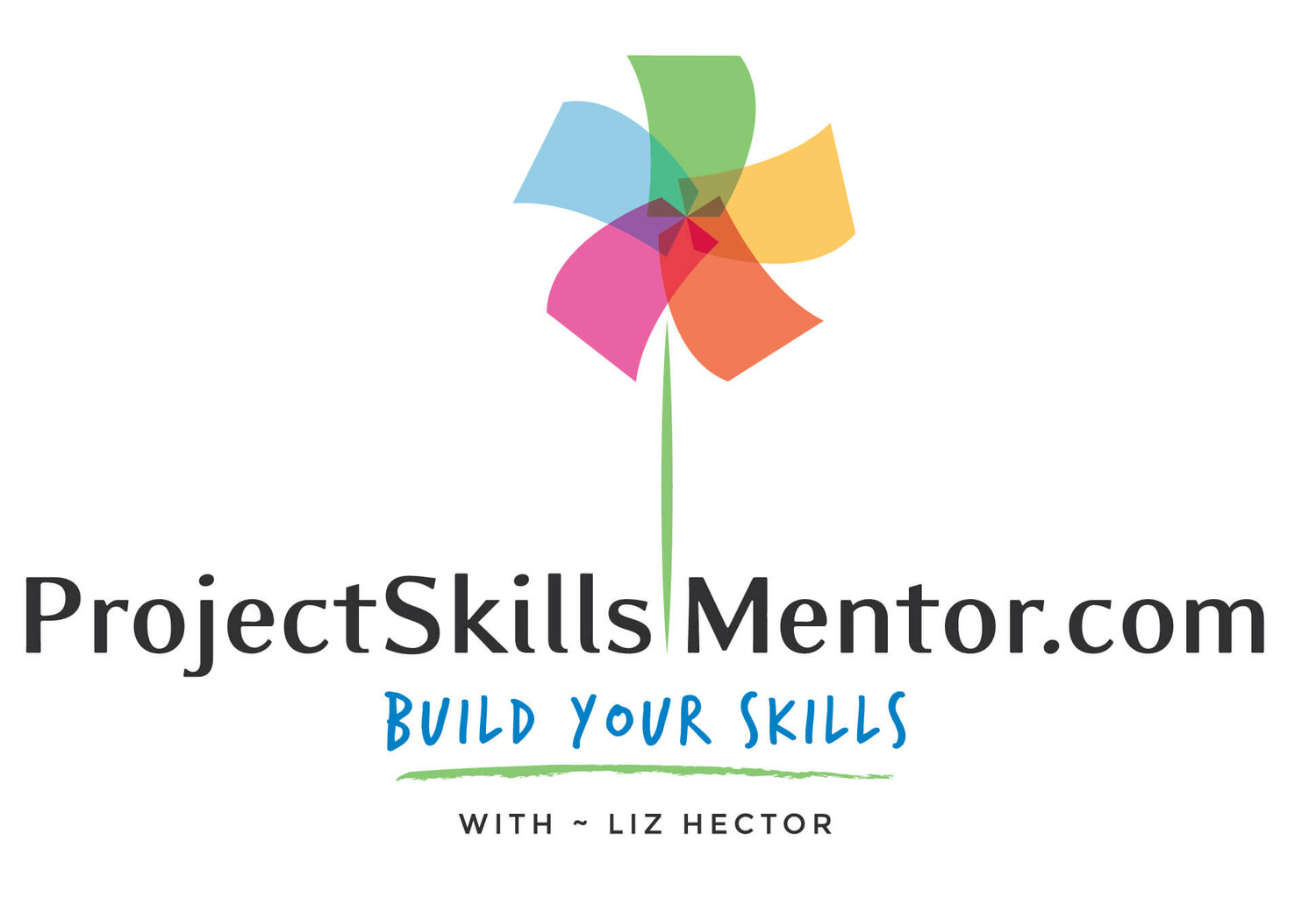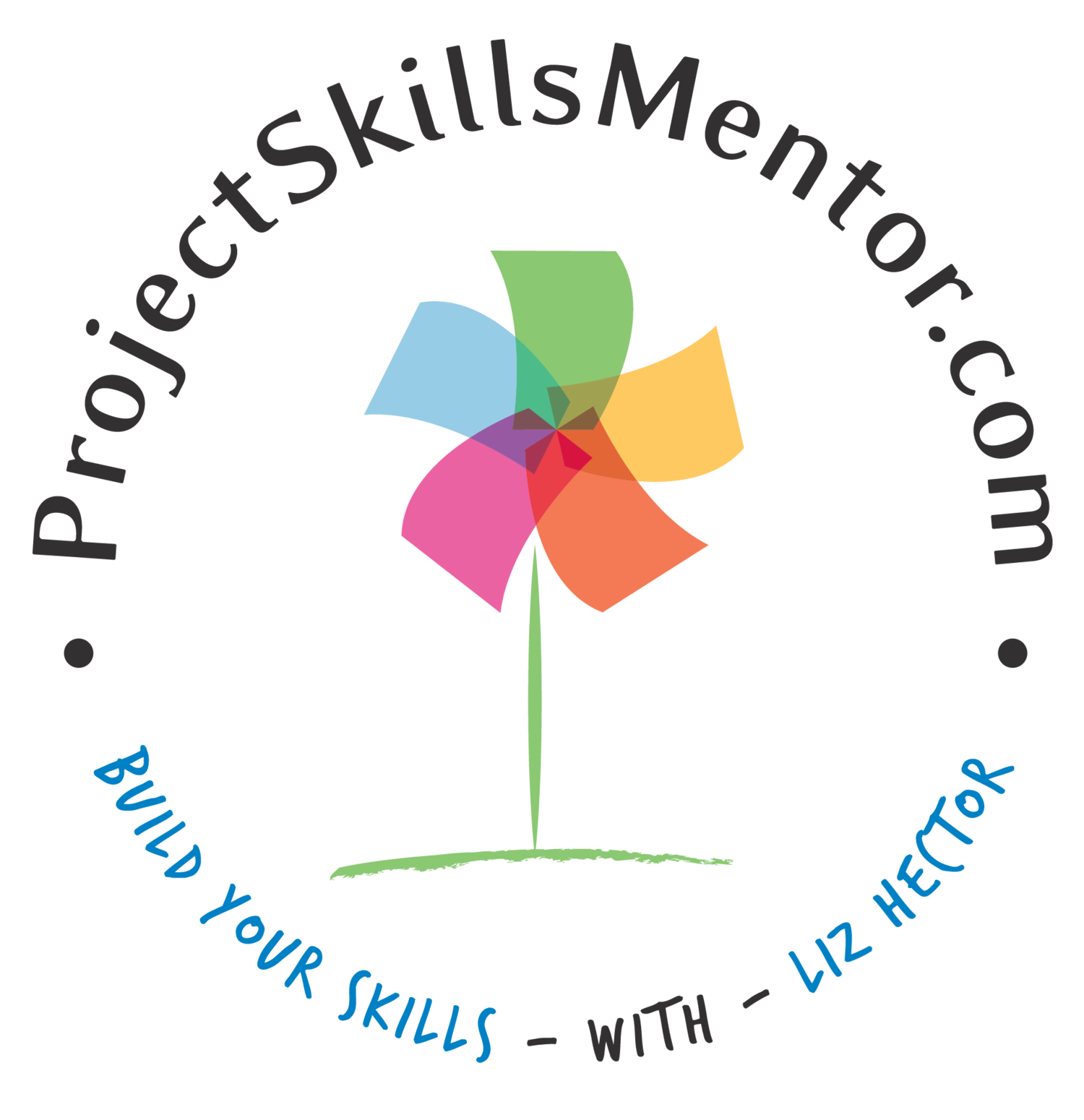How to Nail Your Project Management Interview
7 Ways to Help You Stand Out
Research the Company
Understand the Role
Know Project Methods
Showcase your Skills
Demonstrate your Leadership
Address your Behavioral skills
Provide case-driven Results
Securing a project management position is not just about having the right qualifications and experience; it's also about nailing the interview. Project Management interviews are challenging, as they assess both your technical knowledge and your ability to lead and communicate effectively. Here's how to prepare for your next interview with practical information to help you shine during this critical moment in your career.
Research the Company and Industry
Before heading into any interview, it's crucial to have a deep understanding of the company and industry you're applying to. Knowing the company's mission, values, culture, and recent projects can help you tailor your responses to their specific needs.
This research not only helps you show that you did your homework and understand the organization, something every project manager should do. But it also helps you to feel good about the choice if you get the job offer.
86% of candidates reported that they were more likely to accept a job offer if the company had a positive reputation.
- Glassdoor
Research Tips to Prepare for Your Interview:
Visit the Company's Website: Start with the company's official website. It provides valuable information about the organization's history, mission, products or services, leadership team, and values. Look for an "About Us" or "Company" section.
Check News and Press Releases: Look for recent news articles and press releases related to the company. This will give you an idea of their recent developments, partnerships, or challenges.
Review Social Media: Companies often maintain active social media profiles. Follow their LinkedIn, Twitter, Facebook, and Instagram pages to get an overview of their market presence, products, and customers.
LinkedIn Profiles: Check the LinkedIn profiles on your network. Reviewing their backgrounds may provide insights into what the company is looking for.
Competitors: Research the company's competitors to understand its position in the market and the industry overall.
Financial Performance: Websites like Yahoo Finance, Google Finance, and Bloomberg provide financial data, including revenue, profit margins, and stock performance. These details are crucial for understanding a company's financial stability.
Customer and Product/Service Reviews: Read customer reviews on Yelp, Trustpilot, or industry-specific review sites. This can give you an idea of the company's reputation in the eyes of its customers.
CSR (Corporate Social Responsibility) Initiatives: Many companies have CSR programs. Learn about their social and environmental responsibility initiatives, as this can reflect their values and priorities.
Here is an example of how you can use the research during your interview:
"I was impressed by your recent project, [Project Name], and how it aligned with your company's commitment to sustainability. It's evident that your organization values innovation and community involvement."
Understand Job the Role and Responsibilities
Project management roles can vary significantly from one organization to another. Understanding what Project Managers do is critical before you walk into the interview. To prepare effectively, study the job description paying attention to the key responsibilities and requirements. Look for clues to understand how this role involves product launches, customer solutions, corporate objectives, and return on investment (ROI).
66% of organizations believe that strong project management is crucial for their success.
- Project Management Institute
Research Tips to Prepare for Your Interview:
Read the Annual Report: Publicly traded companies often publish annual reports. These documents provide insights into strategic goals such as key projects, improvements to customer satisfaction, and current accomplishments.
Search LinkedIn for Similar Job Postings: Search LinkedIn jobs for typical project roles, such as UX/UI designers, Technical skills, and business analysts. Reading different job listings can provide background for the types of roles the company uses during projects. You may find roles with similar wording, showing that they may be building a team of contract or regular employees for the same project.
Read professional journals and news: Searching for professional project news, such as PMI or IPMA, can shed light on stories of projects from the past. Focus on information about the project approach and roles. Note any lessons learned.
Here is an example of how you can use your research to ask insightful questions during your interview:
"I noticed that this role emphasizes cross-functional team collaboration and Agile methodology, which aligns well with my experience leading diverse teams and managing projects using Agile practices. Can you share if this is your preferred way of working, or if the project methodology was choosen for other reasons?"
Review Project Management Frameworks and Methodologies
Project Managers are often expected to be well-versed in various project management methodologies such as Agile, Waterfall, or Scrum. Familiarize yourself with these frameworks and be prepared to discuss how you've applied them in your past roles.
81% of respondents started Agile transformations within the last 3 years.
- KPMG study
Research Tips to Prepare for Your Interview:
Review key Project Management Concepts: Show you have the latest data by watching a video or reading up on project essentials.
Take a crash course on Agile: Online courses are available from various organizations, depending on the job listing. Prince II, Google, PMI or IPM. or a training organization like GrowthTribe
Here is an example of how you can share key knowledge during your interview:
"In my previous role at [Previous Company], we adopted the Agile framework, which allowed us to deliver [Specific Project] ahead of schedule and with improved customer satisfaction."
Showcase Your Technical and Business Skills
You may be asked to demonstrate your technical knowledge in project management. Be prepared to discuss essential Project Management knowledge. This includes:
Supplier Management
Contract Management
Stakeholder management
Governance Models
Project tools options
23% of Project Managers receive a higher average salary with a certification.
- Payscale
Research Tips to Prepare for Your Interview:
Get Certified: Prove your skills with a Project Certification. Sometimes, companies are looking for a specific certification; if so, determine which is right for your situation before the interview. If you still need to be certified, get started on the process. Or reference a similar certification you do have. This will make your hiring case stronger.
Create a Content Portfolio: Be ready to share (generic) versions of work products you have created. Do you have a governance report you are proud of? If it is not company content or IP (intellectual property such as patents, copyrights, etc.), you can create an example version to share during your interview. Coming in ready with information examples on your iPad can show them you are ready to start now.
Market Position and Growth: Analyze the company's market position, growth trends, and market share.
Here is an example of how you can share key knowledge during your interview:
"I hold a PMP certification and have extensive experience using tools like Microsoft Project and Jira to manage project timelines and tasks efficiently. I have also managed contracts for suppliers and subcontractors. This has consistently led to projects being delivered on time and within budget."
Demonstrate your Leadership
Project managers are leaders responsible for guiding and motivating their teams. Be prepared to discuss your leadership style and how you've managed teams. Managers who create a cohesive and high-performing team perform better than their peers.
Organizations communicating effectively are more likely to deliver projects on time and within budget.
- PMI's Pulse of the Profession
Research Tips to Prepare for Your Interview:
Glassdoor and Indeed Reviews: Employee reviews on websites like Glassdoor and Indeed can provide insights into the company's work environment, management, and overall employee satisfaction.
Company's Culture: Look for information about the company's culture and values. Many organizations have dedicated sections on their websites or blog posts that discuss their culture and workplace.
Here is an example of how you can share our business acumen during your interview:
"I believe in a transformational leadership style, where I inspire and motivate my team to excel. In my previous role at [Previous Company], my team achieved a 20% improvement in productivity by implementing new processes that I championed within the team."
Prepare for Behavioral Questions
In addition to these specific areas, be ready for behavioral questions demonstrating your skills to navigate corporate politics and relationships. Organizations want to know that you are more than a leader but also able to fit the company's culture. So sharpen your skills in:
Operational understanding
Problem-solving skills
Risk management skills
Analytic skills
Communication skills
Flexibility and adaptability
Networking and relationship-building
92% of executives said soft skills were equally important or more important than technical skills.
- Wall Street Journal
Practice Giving Case-Study Answers
How you answer is just as important as the content of information. Use a mentor or friend to run through a mock interview so you can master how to answer accurately and concisely. Remember to watch the time and let the interviewer get through their questions. Your goal is to come across as a confident and capable manager. Details and side points can undermine this goal.
Also, focus on eye contact when answering, good body language, and demonstrating personal authority. Effective communication and making a good connection with your interviewer is often more important than any one specific skill.
63% of organizations reported using case study interviews in their hiring process.
-Society for Human Resource Management (SHRM)
Tips to Prepare for Your Interview:
Learn to listen carefully to the question
Repeat or check for clarity before answering
Give as simple and complete answers as needed
When you must elaborate, use the STAR method to structure your responses. STAR stands for Situation, Task, Action, and Result. It is a structured approach used to answer behavioral interview questions effectively.
Situation (S): Briefly describe the situation. Provide concise context for the interviewer to understand the circumstances.
Task (T): Define the task or challenge you had to address. Share your responsibilities and goals to achieve.
Action (A): Describe your actions to address the situation or task. Focus on your role, your decisions, and your actions.
Result (R): Summarize the results of your efforts. Quantify your achievements (ie, deadlines met, cost savings, increased efficiency, or improved team dynamics).
Here is an example of how you can share your STAR story during the interview:
“In my previous job, we were tasked with launching a new product in a highly competitive market. My task was to develop and execute a marketing strategy to increase market share by 15% in year 1. After market and customer analysis, I devised a multi-channel plan that included targeted online advertising, social media campaigns, and a series of product launches at key industry events. As a result, we exceeded our market share goal, achieving a 20% increase within the first year. The product launch generated $2 million in revenue in the first quarter alone."
This method helps you structure your responses in a clear and organized manner. It ensures that you provide a complete answer to the interviewer's question and helps you focus on the key elements of the situation, your role, and the positive outcomes of your actions.
Using these tips and examples, you can prepare for any project-related interview. You can set yourself apart from other candidates by researching, addressing skill gaps through learning, creating a solution portfolio, documenting references, and preparing answers in advance.
Have you prepared for a successful interview? Have you tried any of these tips? Please let me know how it went. If you have ideas and advice to add, I'd love to hear from you.
Good Luck on your next interview.





